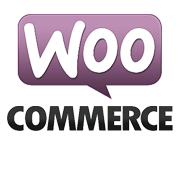Opening Up An Online Electronics Store And Scaling It To $30K/Month
Hello! Who are you and what business did you start?
Hi there! My name is Mark and I am the co-founder of Smartbuy Kenya, an e-commerce website that specializes in electronics. I started the business together with my friend Abdirizak at the beginning of 2021.
Our two-main flagship products are Laptops and Printers, which we sell to both consumers and businesses. Our target customers are mainly here in Kenya, but in the year, we plan on serving new customers outside Kenya due to the growing inquiries.
When we started the business our revenue on average was about $8,000 per month which mainly came from advertising our products online through Google and Facebook Ads.
Today our business generates an average of $30,000 per month which is something we are proud of because we invested heavily in SEO during the whole of 2021 not knowing if it would work or not. Not only has SEO helped us increase our revenue but we’ve also cut down on ad-marketing costs.




































